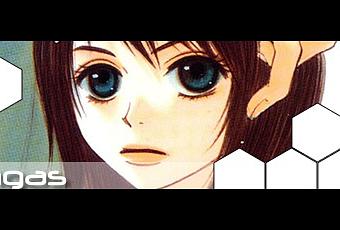
This is that kind of book where we know more than the main character and the entire time, we're like, "YOU DORK, THE ANSWER IS RIGHT IN FRONT OF YOUR NOSE!" when the answers are right in front of our noses.

To add to the interestingness, we know who Daisy is, but Teru doesn't. He looks good to the main character but is a bad guy when other people look at him. But what I used to think was just a guardian watching over his friend's little sister in secret is so much more than that. So now I have access to actual book version, not just mangafox.Īnd I will just say. As a character, Teru is sharp and courageous, and gives as good as she gets.It's been 3 years, Theresa of 2011, who was very obsessed with Dengeki Daisy.Īnd my beautiful, fabulous public library now brings me the fabulousness that resides in Dengeki Daisy.


Motomi uses a deft hand at composing the narrative, arranged with soft expressions and swaying flowers, while turning typical tricks of the shojo-manga trade on its head (a scene of gently falling flowers turns out to be a scene where Kurosaki is trimming trees). Despite their antagonistic relationship, he always seems to be around when Teru needs help. Kurosaki is a cranky, shiftless, character who spends most of his time smoking, playing mah-jongg, and belittling Teru. While Teru and Daisy text each other messages those from Daisy are filled with gentle, kind words of encouragement and support the young, thuggish, school janitor, Kurosaki, suddenly recruits Teru to help pay off the repairs to a window that she broke. But before dying, her brother gave her a cellphone with which she can contact "Daisy," a mysterious man who acts as a sort of cyber-guardian angel. After the death of her older brother, high school student Teru Kurebayashi is the only surviving member of her family. This series ruthlessly cultivates and exploits this innocent desire. So much of shojo (girl's) manga falls under the sway of one single emotion: longing.


 0 kommentar(er)
0 kommentar(er)
